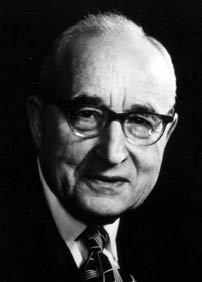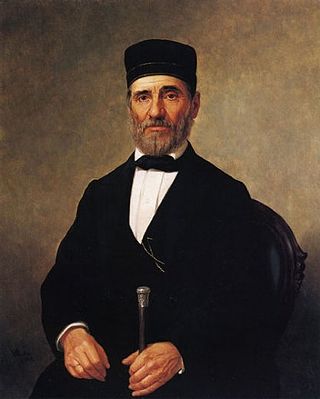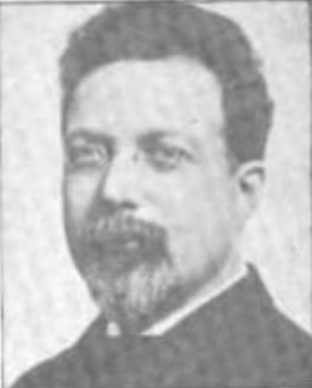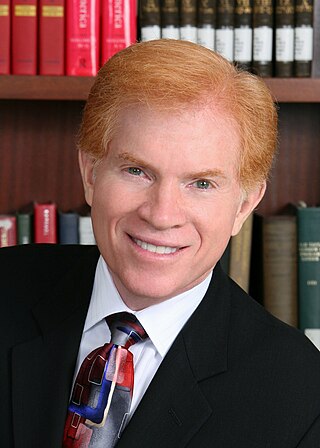
The Hebrew Union College – Jewish Institute of Religion is a Jewish seminary with three locations in the United States and one location in Jerusalem. It is the oldest extant Jewish seminary in the Americas and the main seminary for training rabbis, cantors, educators and communal workers in Reform Judaism. HUC-JIR has campuses in Cincinnati, Ohio, New York City, Los Angeles, and Jerusalem. The Jerusalem campus is the only seminary in Israel for training Reform Jewish clergy.
Jewish studies is an academic discipline centered on the study of Jews and Judaism. Jewish studies is interdisciplinary and combines aspects of history, Middle Eastern studies, Asian studies, Oriental studies, religious studies, archeology, sociology, languages, political science, area studies, women's studies, and ethnic studies. Jewish studies as a distinct field is mainly present at colleges and universities in North America.

Marcus Jastrow was a German-born American Talmudic scholar, most famously known for his authorship of the popular and comprehensive Dictionary of the Targumim, Talmud Babli, Talmud Yerushalmi and Midrashic Literature. He was also a progressive, early reformist rabbi.

Jacob Rader Marcus was a scholar of Jewish history and a Reform rabbi.

Kaufmann Kohler was a German-born Jewish American biblical scholar and critic, theologian, Reform rabbi, and contributing editor to numerous articles of The Jewish Encyclopedia (1906).

Abraham Cronbach was an American rabbi and teacher, known as a pacifist. He served as a rabbi for congregations in Indiana and Ohio. Cronbach was one of the founders of the Peace Heroes Memorial Society.

Rabbi Dr. Bernard Illowy was a rabbi and leader of Orthodox Judaism in the United States.

Levi Arthur Olan was an American Reform Jewish rabbi, liberal social activist, author, and professor. Born in Ukraine in 1903, he grew up in Rochester, New York and was ordained at Hebrew Union College in 1929. He served as rabbi of Temple Emanuel in Worcester, Massachusetts from 1929 to 1948, and Temple Emanu-El in Dallas, Texas from 1948 to his retirement in 1970. Olan was one of the most prominent liberal voices in Dallas, which was a predominantly conservative city. His views on poverty, war, civil rights, civil liberties and other topics were disseminated largely through his popular program on WFAA radio, and earned him the moniker, “the conscience of Dallas.” He also had a longstanding visiting professorship at Southern Methodist University and published numerous works on Judaism, process theology, and contemporary social issues.

David Philipson was an American Reform rabbi, orator, and author.

Uri D. Herscher is an American rabbi and academic, the founder of the Skirball Cultural Center in Los Angeles.

Gary Phillip Zola is the executive director of The Jacob Rader Marcus Center of the American Jewish Archives (AJA) and the Edward M. Ackerman Family Distinguished Professor of the American Jewish Experience & Reform Jewish History at Hebrew Union College-Jewish Institute of Religion (HUC-JIR) in Cincinnati. Since 1998, he has served as the second executive director of The Jacob Rader Marcus Center of the American Jewish Archives (AJA), succeeding his teacher and mentor, Jacob Rader Marcus (1896–1995). He is also editor of The Marcus Center's award-winning semi-annual publication, The American Jewish Archives Journal.
David B. Ruderman is the Joseph Meyerhoff Professor of Modern Jewish History at the University of Pennsylvania. From 1994 to 2014 he was the Ella Darivoff Director of Penn's Herbert D. Katz Center for Advanced Judaic Studies, where he also held a fellowship from 2017 to 2018. He was trained at the City College of New York, the Teacher's Institute of the Jewish Theological Seminary of America, and Columbia University. He earned rabbinical ordination from the Hebrew Union College-Jewish Institute of Religion in New York and his doctorate in Jewish History from The Hebrew University of Jerusalem. Prior to taking his position at the University of Pennsylvania, he held teaching positions at Yale University and the University of Maryland.

Martha Neumark (1904–1981) was a notable early figure in the history of women's ordination as rabbis. Neumark was widely reported to be the first Jewish woman to be accepted into a rabbinical school.
Jane Evans (1907–2004) was the executive director of the National Federation of Temple Sisterhoods from 1933 to 1976. She was its first full-time Executive Director, as from 1913 until 1933 the National Federation of Temple Sisterhoods was led by volunteer presidents. Evans also became president of the National Peace Conference in 1950. Evans supported ordination for women. On April 29, 1957, she spoke to 1,000 delegates at a biennial general assembly meeting of the Union for Reform Judaism in favor of ordaining women, a speech which the New York Times called a "strong plea," though the UAHC took no action. While Evans was still executive director of the National Federation of Temple Sisterhoods in 1963, it approved a resolution at its biennial assembly calling on the UAHC, the Central Conference of American Rabbis, and the Hebrew Union College-Jewish Institute of Religion to move forward on the ordination of women.
Mervin Feldman Verbit is an American sociologist whose work focuses on sociology of religion, American Jews and the American Jewish community. He is currently the chair of the Sociology Department at Touro College.

Lance Jonathan Sussman is an historian of American Jewish History, college professor, Chair of the Board of Governors of Gratz College, Melrose Park, PA and until summer 2022 the senior rabbi, now emeritus, at Reform Congregation Keneseth Israel (KI) located in Elkins Park, PA. He is the author of numerous books and articles including: Isaac Leeser and the Making of American Judaism (1995) and Sharing Sacred Moments (1999), and a co-editor of Reform Judaism in America: A Biographical Dictionary and Sourcebook (1993) and New Essays in American Jewish History (2009). Since 2010 he has also published articles on Judaism and art.
Malcolm Henry Stern was an American rabbi, historian, and genealogist. Through the work he did that supported secular genealogical communities and resources, as well as created what is the structure and backbone of current Jewish genealogical societies, Stern's efforts created long-lasting, far-reaching cooperative organizations. For these reasons, Stern has been described as the dean of American Jewish genealogy.
Henry Berkowitz was a Reform rabbi, educator and author.

David Neumark (1866–1924) was a German-American rabbi and professor of Jewish philosophy. He authored several notable works on Jewish philosophy and Jewish law, and served as a professor at Hebrew Union College in Cincinnati, Ohio.
Julian Morgenstern was a Jewish-American rabbi, Bible scholar, and president of Hebrew Union College.













